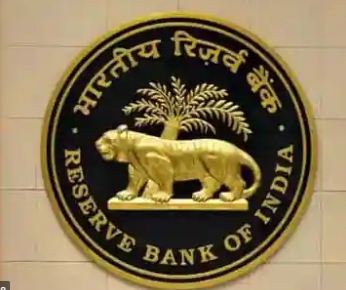The Reserve Bank of India has asked banks to standardise nonperforming assets (NPAs)
The Reserve Bank of India (RBI) has instructed banks to upgrade loan accounts categorised as non-performing assets (NPAs) to’standard’ assets only if the borrower has settled all interest and principal arrears.
Some lending institutions, according to the central bank, upgrade accounts categorised as nonperforming assets (NPAs) to the’standard’ asset category when only interest and partial overdues are paid.
“An account would be designated as NPA in the case of interest payments in respect of term loans if the interest applied at stipulated times stays overdue for more than 90 days,” the RBI stated in a notification.
Instead of offering a description of the due dates, which allows room for interpretation, lenders have been ordered to precisely indicate the actual due date of a loan and the breakdown of the principle and interest, among other things, in loan agreements. All lenders must now explicitly state the specific due dates for payback, the frequency of payments, the breakup between principle and interest, examples of SMA/NPA categorization dates, and so on, according to the statement.
The RBI clarified that an account should be flagged as overdue as part of the lender’s day-end processes for the due date, regardless of the time of running such processes, reiterating that all extant IRACP norms specify that an amount must be treated as overdue if it is not paid on the due date fixed by the lender.
Similarly, the day-end process should include the classification of an account as SMA (special mention account) or NPA (non-performing assets), with the SMA/NPA classification date being the calendar day for which the day-end process is executed. To put it another way, the date of SMA/NPA must represent the asset categorization status of an account at the end of that calendar day, according to the regulator.
On NPA classification, it said that the lender must recognise incipient stress in a borrower account by designating it as SMA as soon as the account is defaulted. It stated unequivocally that the intervals are designed to be continuous, and that loans other than revolving facilities, such as cash credit/overdraft, would become SMA as a result. if the principal or interest payment, or any other sum, is totally or partially late, or if the outstanding balance is continually in excess of the sanctioned limit or drawing power, whichever is lower, for 0-30 days as SMA, 30-60 days as SMA-1, and above 60-90 days as SMA2/NPAs.
To put it another way, the SMA/NPA date should represent an account’s asset categorization status at the end of that calendar day.
The date of late should be March 31 if the due date is March 31 and complete dues are not received by the day-end procedure. If it continues to be overdue, this account will be labelled as SMA-1 on April 30 after the day-end procedure is completed after 30 days of being consistently overdue.
As a result, the account’s SMA-1 classification date should be April 30. Similarly, if the account is late after May 30, it will be categorised as SMA2 on the running day-end process, and if it remains overdue after June 29, it will be classed as NPA on the running day-end process.
The central bank has said that if the outstanding balance in a CC or OD account stays in excess of the sanctioned limit/drawing capacity for 90 days, the account shall be classified as ‘out of order.’ If the outstanding balance in the CC/OD account is less than the sanctioned limit/drawing power but there have been no credits for 90 days, or if the outstanding balance in the CC/OD account is less than the sanctioned limit/drawing power but credits are insufficient to cover the interest debited during the previous 90 days period, the account should be treated as out of order, it said.
The RBI said that if loans with an interest payment moratorium (permitted at the time of loan sanction) become NPA after the moratorium term has expired, the capitalised interest equal to the interest collected during the moratorium period does not need to be reversed.






